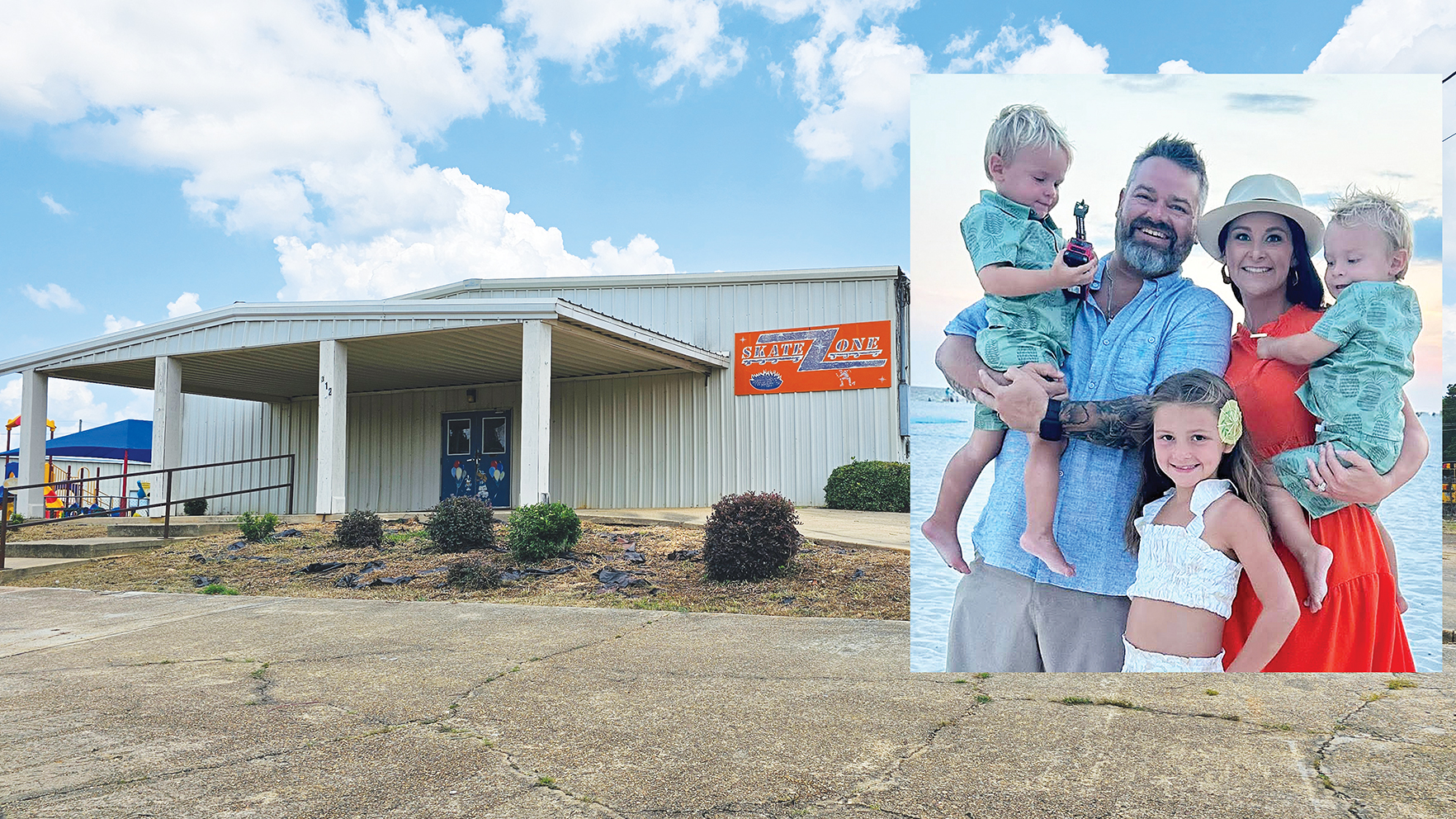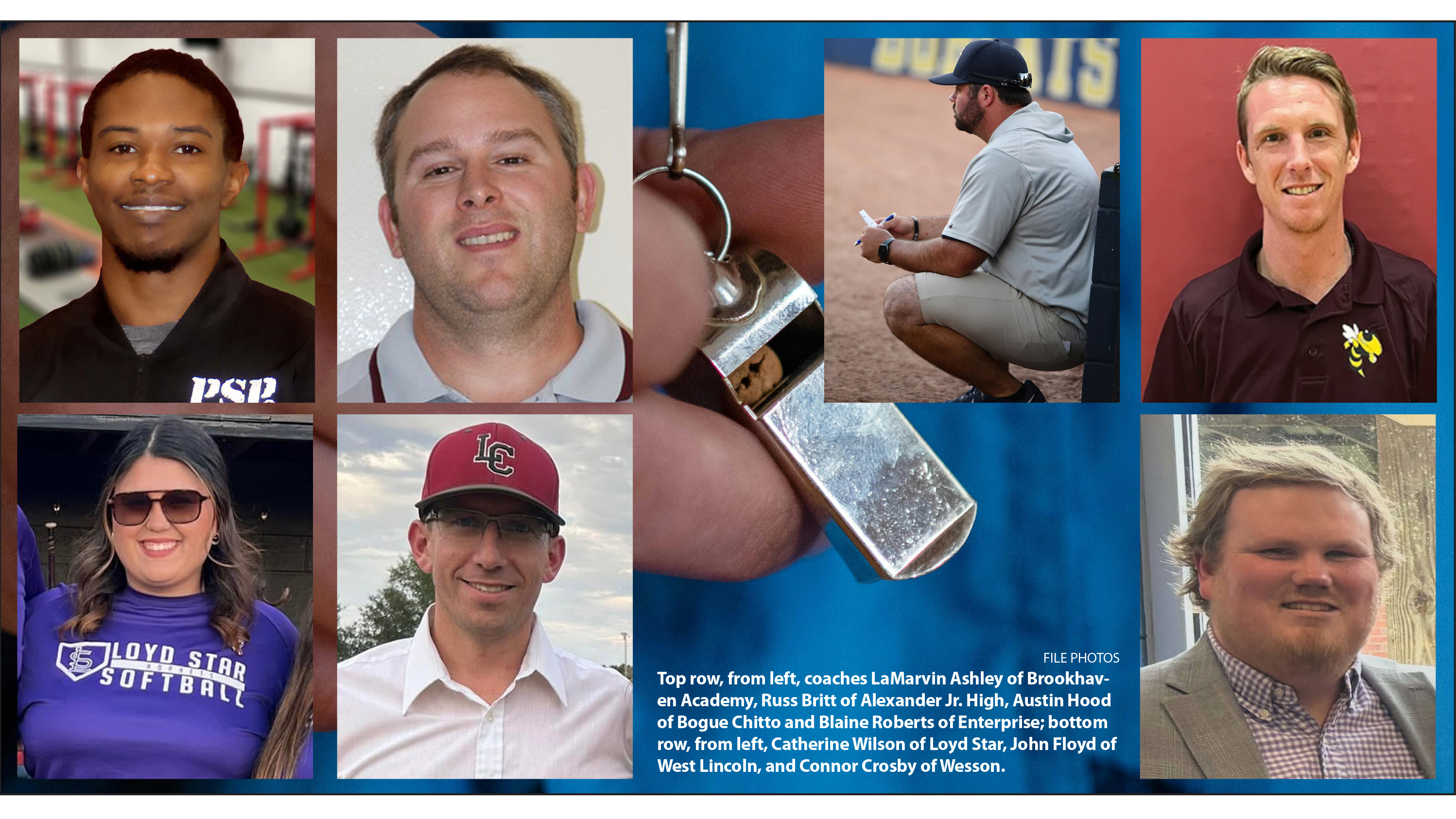Remember heating safety as cold returns
Published 11:28 am Tuesday, December 13, 2016
As cold temperatures return to the South, the importance of heating and fire safety can’t be overstated.
Just this past weekend, three children in Kosciusko were killed in a house fire while their parents were out Christmas shopping. The fire is under investigation but it would not be surprising if it was caused by a faulty heater or the improper use of a heating device.
Space heaters account for about 40 percent of home heating fires and 84 percent of home heating fire deaths, according to the National Fire Protection Association. Placing things that can burn too close to heating equipment or placing heating equipment too close to things that can burn was the leading factor contributing to ignition in fatal home heating fires and accounted for more than half of home heating fire deaths, according to NFPA.
Trending
Below are heating safety tips from NFPA. Along with having working smoke detectors, following these tips is the best way to stay safe this winter.
Keep anything that can burn at least three feet away from heating equipment, like the furnace, fireplace, wood stove or portable space heater.
Have a three-foot “kid-free zone” around open fires and space heaters.
Never use your oven to heat your home.
Have a qualified professional install stationary space heating equipment, water heaters or central heating equipment according to the manufacturer’s instructions.
Have heating equipment and chimneys cleaned and inspected every year by a qualified professional.
Trending
Remember to turn portable heaters off when leaving the room or going to bed.
Always use the right kind of fuel, specified by the manufacturer, for fuel burning space heaters.
Make sure the fireplace has a sturdy screen to stop sparks from flying into the room. Ashes should be cool before putting them in a metal container. Keep the container a safe distance away from your home.
Test smoke alarms at least once a month.





